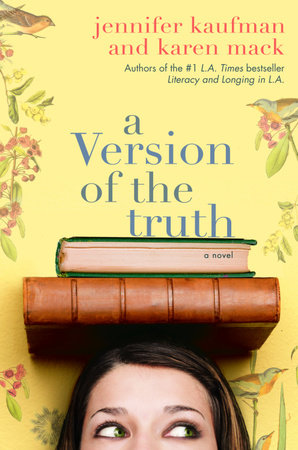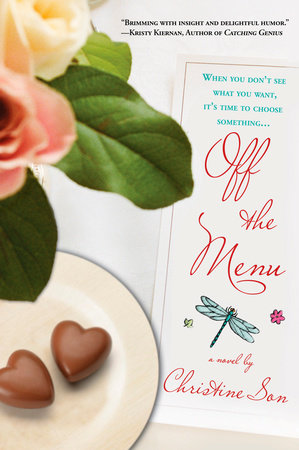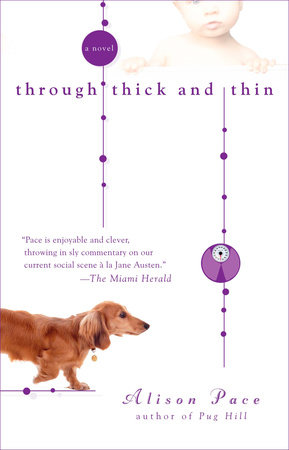A Version of the Truth by Jennifer Kaufman and Karen Mack
The inspiration for A Version of the Truth was Kurt Vonnegut’s quote, “You are what you pretend to be.” As novelists, we’ve always been fascinated with stories about women who reinvent themselves–transformational stories about people who hit rock bottom and appear to have no options. There are so many women, especially today, who face overwhelming challenges and find themselves stuck in lives they never imagined.
Women do different things when this happens. Some drink. Some max out their credit cards. Some take drugs. Some jump off a bridge.
So we decided to create a modern version of Eliza Doolittle, a character who had innate intelligence and charm but, due to forces beyond her control, was relegated to a life beneath her. Like Pygmalion, one of the overall themes of our book is appearance vs. reality. Both Eliza and our heroine, Cassie, are not who they appear to be. Throughout their metamorphosis, they are able to fool everyone around them.
A Version of the Truth is set in a natural environment because of our combined interest in the 19th century nature writers such as Muir, Emerson and Thoreau–all of whom were writing around the same time as George Bernard Shaw. These were romantic artists who found a connection to the spiritual world through nature. Emerson pulled it all together with his wise saying, “You can know thyself by studying nature.”
Cassie had an unhappy, even tragic past but her spirit was uplifted in the wild. She viewed herself as different, someone who wasn’t going anywhere—“a creature apart”—who reveled in the simple beauty of the natural world and was overtaken with a mystical reverence when she was out in the woods.
This is also a contemporary story of the ephemeral quality of truth in general. It is not a morality play, however. It’s about survival and reinvention. The fact is, sometimes the truth just isn’t good enough. You can be whoever you want to be, even if it isn’t true. You become your own creation. The ineffable, slippery gradations of the truth come into play in every aspect of our protagonist’s life. Her job. Her relationships with men. Even her sighting of an extinct and exotic bird.
This brings us to the subplot of this novel which uses the mystery of an extinct species of bird as a metaphor for what the truth represents in our society. The story of the Ivory Billed Woodpecker is a tantalizing “now you see it, now you don’t” conundrum that involves decades of controversy among birders, scholars and journalists, who simply won’t let the story die. In this day of technological wizardry, it is confounding that no one has been able to conclusively prove whether this bird exists or not. Fuzzy videos combined with audio tapes and years of field research by the most respected scientists in the world has only deepened this controversy.
The iconic image of the Ivory Bill strikes at the very heart of the environmental movement in this country. The bird’s majestic image has come to represent all the fears shared by the public that species are disappearing forest by forest, continent by continent. It feeds the desire to go back to a time, an Eden as it were, when these species thrived in our stately forests, valley and fields.
As for the novel itself, we created a character whose life was transformed because of a glimpse of this magnificent bird. It’s our homage to nature writers, to mystical visions and to the often global consequences of the little white lie.














